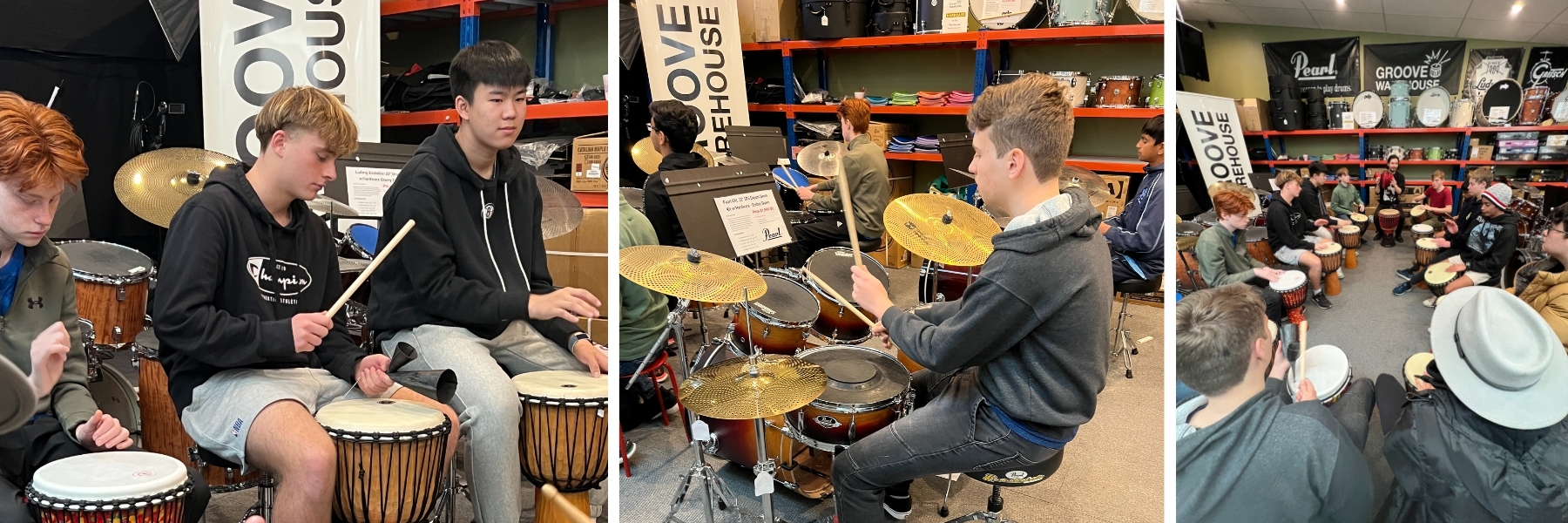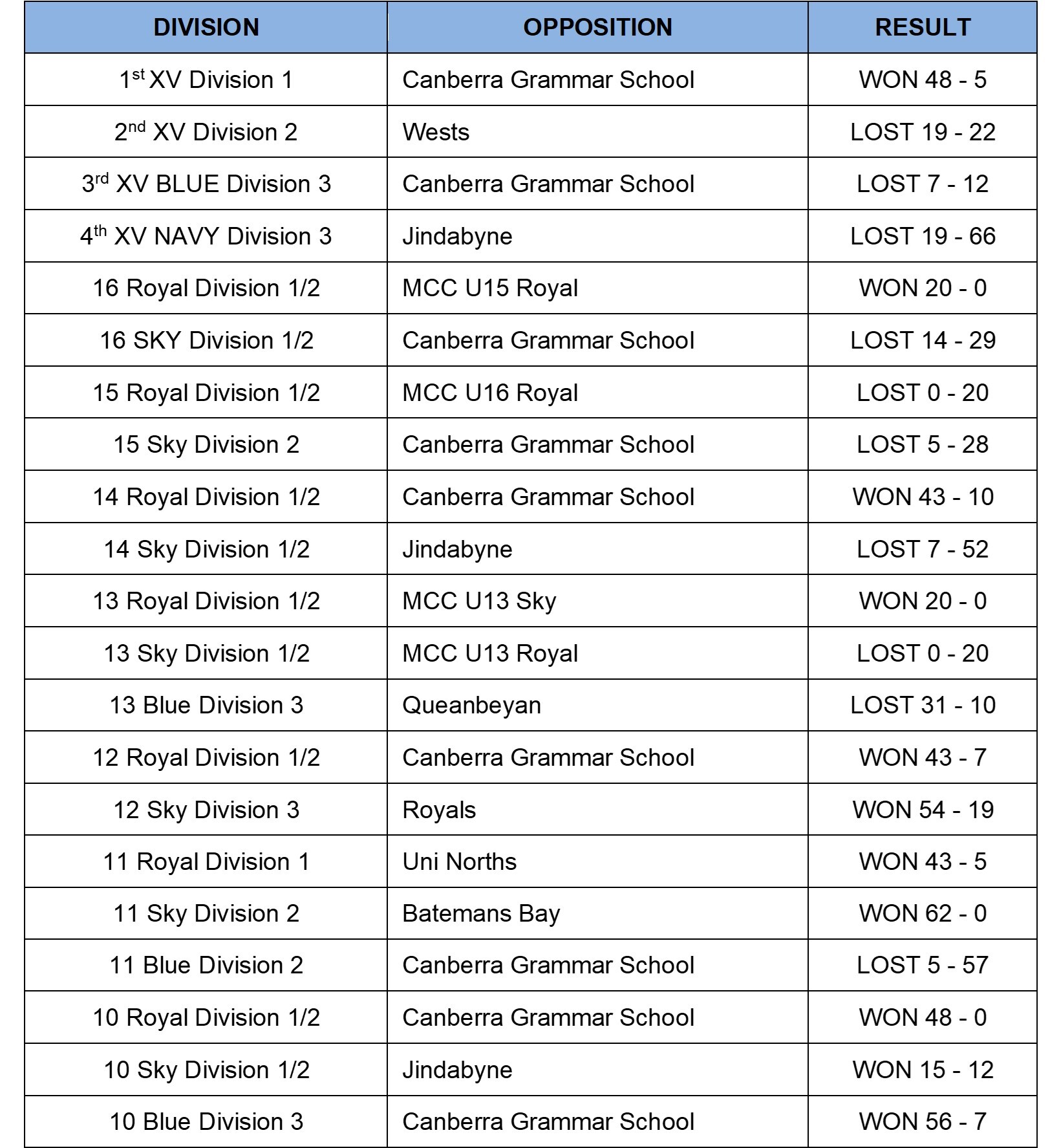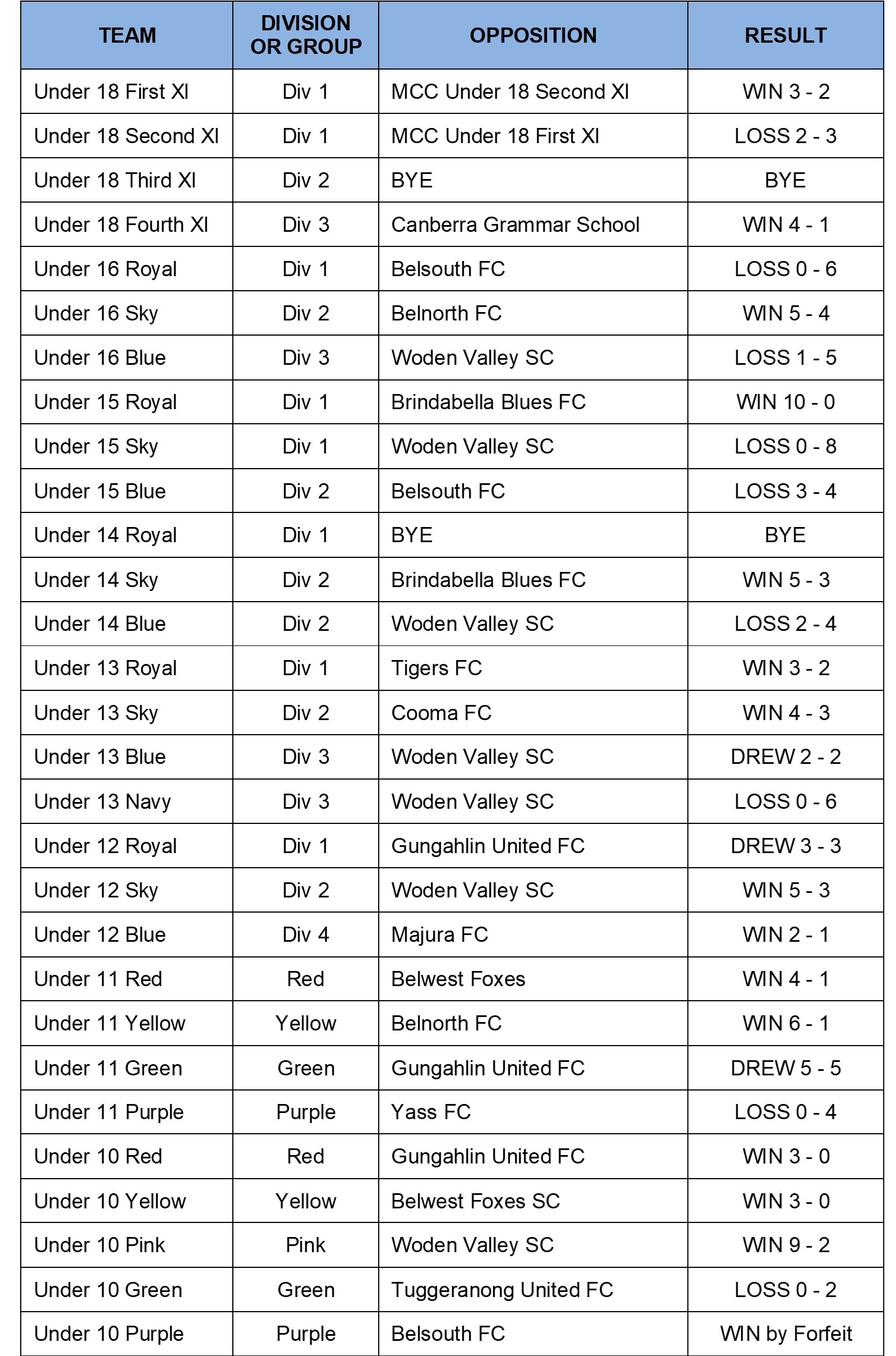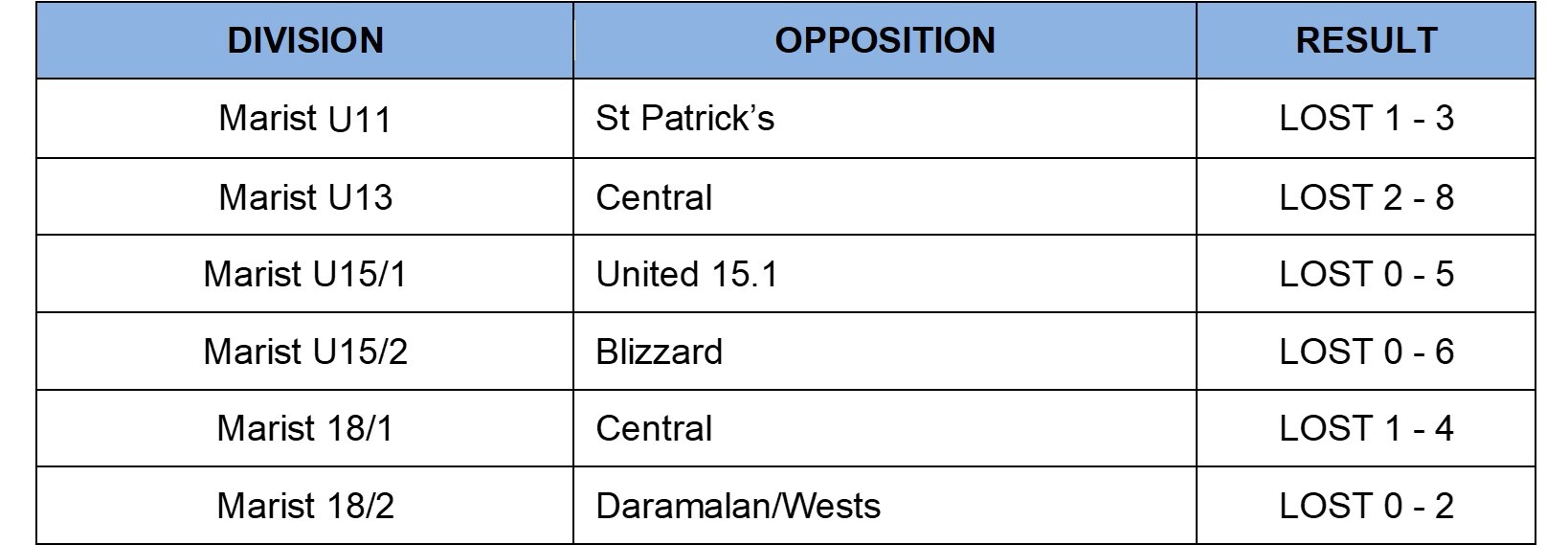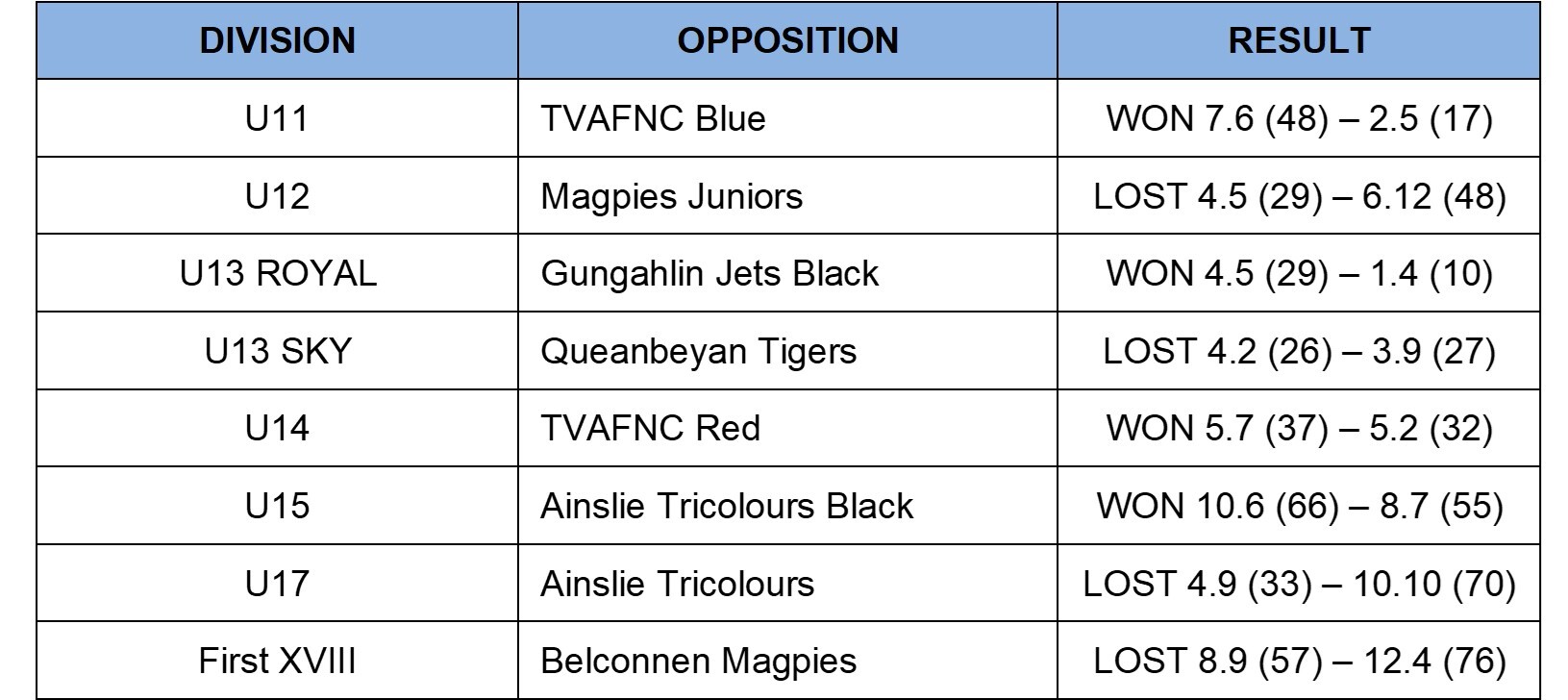From the Headmaster
How the Light Gets In
Last week I attended an evening of reflection with boys who had recently returned from an immersion, walking alongside First Nation people, in the Northern Territory. With parents present, we listened to their shared experiences that challenged hearts and minds. The purpose of such immersion experiences is not to remind participants of their fortunate life, rather it is to walk alongside, build relationships, learn, play, pray and journey together. It is learning through Indigenous culture not about Indigenous culture. We encourage our boys to see God in their encounter and ask what God is asking and teaching them.
We believe that if we want our boys to be agents of change, then life is not at the centre of power; it is at the margins. That is where the light comes in.
When a priest visiting Mother Teresa in Calcutta heard that she wished to send missionaries to China, he asked if there was any particular group that she wished to ‘target’. She replied: ‘My great desire is to meet anyone who has nobody.’ Our vision statement hopes for our graduates to be young men who move towards and accompany the least, the lost and the lonely. Immersions such as our recent Northern Territory experience invite the light to come in, building strong minds and gentle hearts.
Opening Doors; Room For Everyone
It was consoling to read Pope Francis’ recent address to 1.5 million young people at World Youth Day in Lisbon: “There is room for everyone in the Church and, whenever there is not, then, please, we must make room, including for those who make mistakes, who fall or struggle. The Lord does not point a finger but opens wide his arms: Jesus showed us this on the cross. He does not close the door, but invites us to enter; he does not keep us at a distance, but welcomes us in … Everyone needs to know that God is near and that all he needs is a small response on our part in order to fill our lives with wonder.” Our College community has been faithfully living out this theology for the last fifty-five years.
Screen Time Guidance
Many parents grapple with the daunting task of monitoring and managing their children's online activities. The intricacies of the digital landscape, coupled with the sheer volume of content available, can leave parents feeling overwhelmed and concerned about their children's exposure to inappropriate or harmful material. This is where China's latest set of restrictions on children's app usage comes into focus as a potential source of inspiration and envy.
The specific and age-tailored restrictions implemented in China provide a valuable reference point for our parents. While many parents strive to strike a delicate balance between allowing their children to benefit from technology and safeguarding them from its potential pitfalls, the lack of a standardised and comprehensive framework can make this endeavour feel like navigating uncharted waters.
China's approach presents a structured roadmap, offering clear guidelines on what is considered age-appropriate content for children at various developmental stages. The reliance on app developers and service providers to enhance age verification and content filtering mechanisms streamlines the process for parents, alleviating some of the burdens of constant vigilance.
The concept of collaborative efforts between educational institutions and parents to promote responsible digital behaviour also serves as an admirable model. By weaving digital literacy into the fabric of education, China is empowering its young generation to become savvy digital citizens, equipped with the knowledge and tools to navigate the digital realm safely.
While cultural and political differences may impact the feasibility of directly emulating China's regulations, many parents could undoubtedly benefit from reflecting on the principles underpinning these restrictions.
As discussions about online safety and digital well-being continue to gain momentum in Western societies, the tailored restrictions in China could offer an enlightening perspective on how to address these challenges effectively. The restrictions regarding usage may act as a valuable guideline:
- Children under the age of eight should be restricted to 40 minutes a day on their smartphones.
- Children over the age of eight and under sixteen can use their phones for no longer than one hour per day.
- Those aged between 16 and 17 can use their phone for a maximum of two hours.
- Gamers under the age of 18 will only be allowed to play between 8 and 9 pm on Friday, Saturday and Sunday nights as well as official public holidays!
Matthew Hutchison
Headmaster










